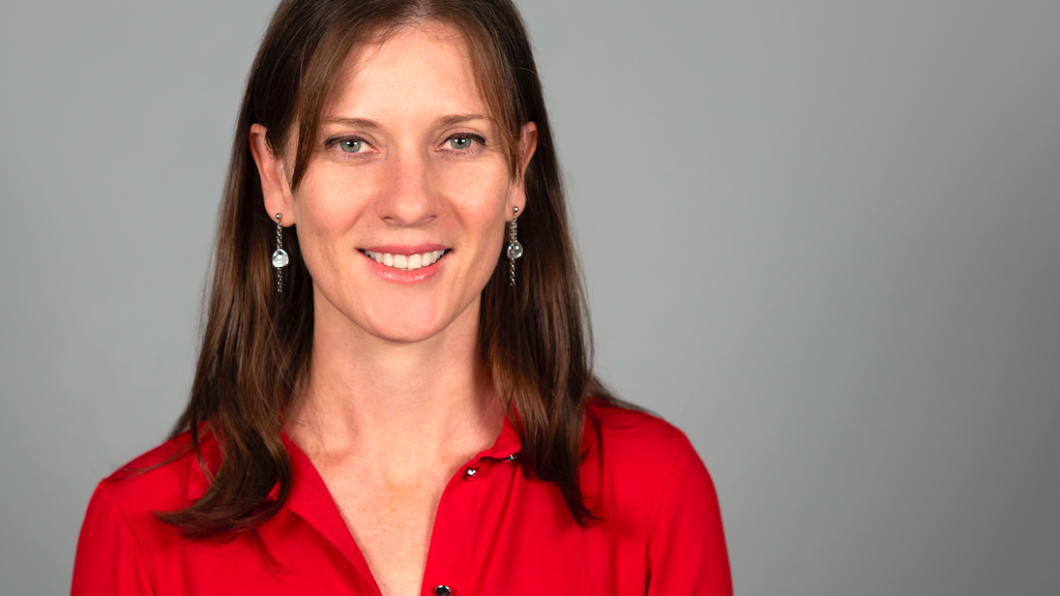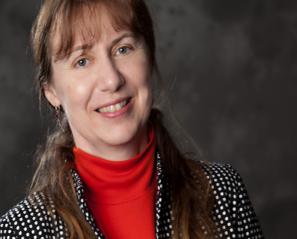
Looking at the bigger picture with Tracey Smythe
For Tracey Smythe helping people has always been her passion.
From Australia to Brazil to countries in sub-Saharan Africa and the UK, Tracey has spent years as a physiotherapist looking beyond just the movements of the body. Her work at the London School of Hygiene & Tropical Medicine (LSHTM) focuses on empowering her patients and research participants through co-developing rehabilitation interventions. Working together with children with neurodevelopmental disorders and medical complexities, and their families, she ensures that those she’s impacting are heavily involved in intervention and research designs that aim to improve quality of life.
Tracey will be sharing her research and studies in an upcoming keynote presentation at Holland Bloorview’s 15th Annual BRI Symposium.
Prior to her presentation, we got a chance to talk to Tracey about her career, research, and what inspired her to go this route.
What lead you to where you are now as a physiotherapist?
I have always been curious about how our bodies work, and by extension I was encouraged from a young age to explore and to learn. I am fascinated by why we do the things that we do - as individuals, as communities, and as societies - particularly in relation to our bodies and our wellbeing.
In children I see hope. Being invited into a family environment and trusted by them as they journey with their child who has a developmental disability is an honour, and so I have worked alongside families as a paediatric physiotherapist for the last 15 years.
So how did you pivot from working in the field to more of a research focus?
I grew up in Zimbabwe and worked with children and their families in Australia before returning in 2010 to work in an HIV clinic with children with developmental disabilities. Children attended clinic for developmental care, but they also had nutrition, medication, security, and water and sanitation needs —things beyond our bodies.
Historically, physiotherapy schooling has focused on biomechanics and physiology, so I continued with research in public health and health systems. I’m particularly interested in empowerment, what this means to individuals and communities, and research was a way for me to explore how to help those in environments where they are less able to help themselves.
Can you speak to the importance of the participation of kids and families in your research?
A recent report titled ‘the Missing Billion’, co-authored by our centre director Hannah Kuper, makes the case that there are a billion people in the world with disabilities and yet we still don’t live in inclusive societies; they are being “left behind” in the global community's work on health.
My research at the International Centre for Evidence in Disability at LSHTM therefore aims to ask important questions around inclusion and to raise awareness. If we don’t recognize that people are not included at the start—and that’s not often done deliberately—then it is difficult to provide good healthcare for people with disabilities. It is also difficult to understand what is important to people without having a team that includes people who could be affected. Parents of children with disabilities are integral to our advisory committees and also participate in research. From design to dissemination, their input is very important.
My current research includes evaluating participatory training for parents and health professionals on research methods and on how to facilitate parent groups. They learn and share their experiences together and through this process understand that they bring equal value to the partnership. This nuance is difficult to capture in research. In particular, in low resourced settings and environments with strong medical hierarchies, health professionals begin to understand that the parents are the expert in their child and in turn, parents understand that their contribution is important and valued.
What will you be talking about for the symposium?
My talk will explore stigmatizing health care practices and identify challenges and opportunities to address these in our own environments. We will have the opportunity to reflect on the contexts in which we work, whether we are clinicians or families – or both, to consider our personal lived experiences and our organizational and community perspectives. We will identify areas where we do well in our day to day interactions, and areas we want to improve on or change in the future.
Register for the 15th Annual BRI Symposium, which is being held virtually for the first time ever! More information here.
